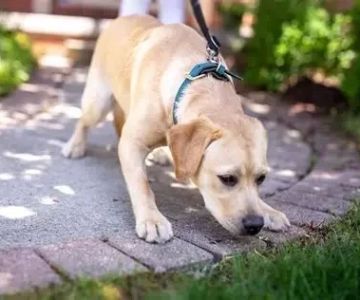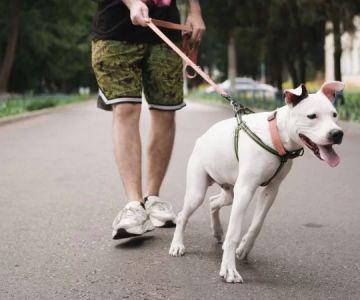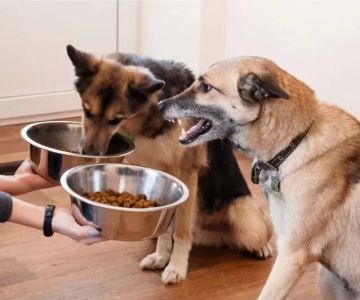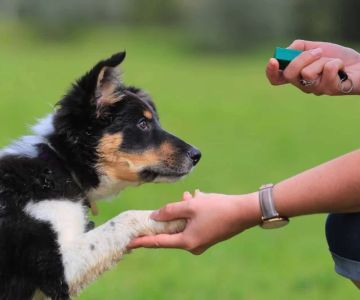- 1 - Training-a-Senior-Dog-Is-It-Too-Late - #senior-dog-training
- 2 - Why-Senior-Dogs-Can-Still-Learn - #dogs-can-learn
- 3 - Expert-Tips-for-Training-Older-Dogs - #expert-tips
- 4 - Real-Life-Stories-of-Senior-Dog-Training - #real-life-stories
- 5 - Common-Challenges-and-Solutions - #challenges-solutions
- 6 - Building-Trust-and-Patience - #trust-and-patience
- 7 - Helpful-Resources-for-Dog-Owners - #resources
1 - Training a Senior Dog: Is It Too Late?
Many owners ask: is it too late to train a senior dog? The truth is, dogs never stop learning. While younger pups may pick up new commands quickly, older dogs often show surprising resilience and adaptability. With the right approach, patience, and expert guidance, senior dogs can thrive in training programs that suit their age and abilities.
2 - Why Senior Dogs Can Still Learn
Senior dogs may be slower physically, but mentally they remain eager to please. Training provides essential mental stimulation, which helps keep their brains sharp and reduces cognitive decline. For example, a 10-year-old Labrador can still learn to heel gently on walks or master impulse control with food. Training sessions are not just about obedience—they improve quality of life.
3 - Expert Tips for Training Older Dogs
Experts recommend short, consistent sessions of five to ten minutes. Avoid physically demanding tricks and instead focus on low-impact commands like “sit,” “stay,” or “touch.” Positive reinforcement is especially important for senior dogs; rewards like soft treats or gentle praise encourage learning without stress. Vets also advise checking your dog’s health before starting any new training routine to ensure safety.
4 - Real Life Stories of Senior Dog Training
Take Max, a 12-year-old German Shepherd who had never been formally trained. His owner began using clicker training and rewarded him with soft chicken pieces. Within a month, Max reliably followed “sit” and “stay,” making daily routines smoother. These stories highlight that age is not a barrier but an opportunity to strengthen the bond between dog and owner.
5 - Common Challenges and Solutions
Senior dogs may face challenges like reduced hearing, vision issues, or arthritis. The solution is to adapt training methods: use hand signals for dogs with hearing loss, provide non-slip mats for those with mobility issues, and keep lessons short to prevent fatigue. Owners who expect perfection may feel discouraged, but progress with an older dog should be measured in small, steady steps.
6 - Building Trust and Patience
Training an older dog is as much about building trust as teaching commands. Senior dogs often need reassurance, and harsh corrections can break confidence. A patient, supportive approach helps older dogs feel secure and engaged. Owners who embrace this mindset often find that training becomes a meaningful bonding activity rather than just a task.
7 - Helpful Resources for Dog Owners
For personalized guidance, Hidden Brook Veterinary offers trusted resources and expert advice for senior dog training. Whether you need product recommendations, professional trainer referrals, or health check insights, the right support can make all the difference in helping your senior dog learn successfully at home.









